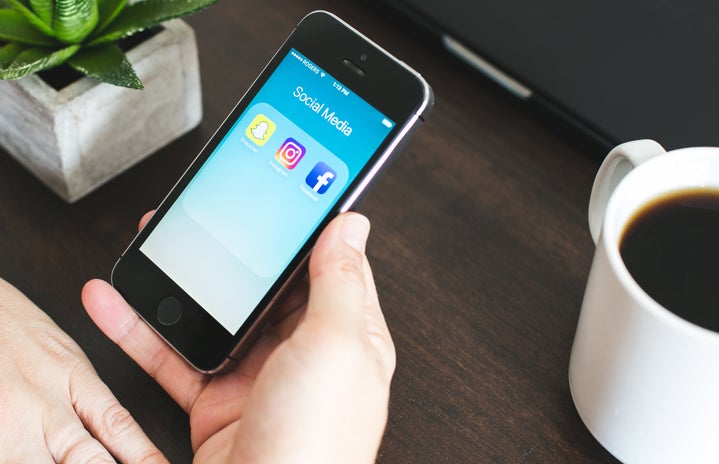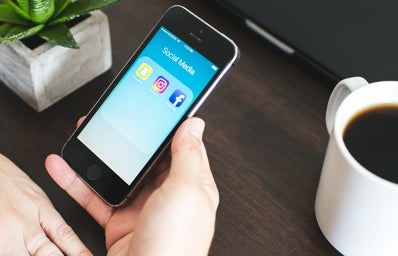In 1997, Andrew Weinreich and his team developed Six Degrees and sparked the age of social media. Since then there have been countless social media platforms developed. From X (formerly Twitter) to BeReal, the market and our brains are flooded with information. With all this at our fingertips, many Gen Z and Millennials have decided to remove themselves from their online lives. Others have done the opposite and decided to post about everything they do on social media. This invites the question of why people choose to engage with social media and why they don’t. Here’s a quick rundown of the pros and cons I’ve experienced while using social media and why I chose to continue using many platforms.
Pros:
1. Connected to far-away friends
As a college student, many of my friends from high school are not attending the same college as I am. One of my best friends is serving a two-year mission for her church, where she’s not allowed to contact any of her friends from back home. She is, however, allowed to make Facebook post updates on her travels. While I can’t talk to her one-on-one, we stay updated with each other’s lives.
2. Entertainment
Instagram, TikTok, and many other social media platforms host endless short-form content that ranges from funny to romantic to educational. If I have a few minutes on the bus or waiting in line somewhere I’ll watch a few reels to pass the time.
3. Political organization
Vering away from the social aspects, apps like Facebook and X (formerly Twitter) are great platforms to organize on. In August 2020, I helped organize a march in honor of George Floyd. We created a Facebook group to spread information about the march such as time and place. Additionally, movements such as BLM and Turning Point USA use social media to reach a wider audience that may have an interest in their causes.
Cons:
1. Comparisons
One of the biggest drawbacks of social media is the comparison it creates. Pictures can be, and almost always are, edited to make the person in them look a certain way. Even if content is not edited, it can still portray a person differently than they may be offline. This can cause younger people to have a host of issues relating to their body image, their progress in life, their financial situation, and many other socioeconomic topics. I’ve experienced this myself when interacting with fitness content. After all, comparison is the thief of joy.
2. Chronically Online
If you have an iPhone you may be familiar with the screen time report. On average, I spend around seven hours on my phone a day. This is not good. Experts recommend around two hours, significantly less than my seven. This is even worse for teenagers and adolescents who should be getting no more than two hours. With social media providing doom-scrolling and addictive entertainment, it significantly contributes to the problems.
3. Echo Chambers
While social platforms can help organize political movements, it generally causes more trouble than it is worth. I deleted X (formerly Twitter) because I found myself only engaging with people who share my political views and attacking those who don’t. These apps and sites often create echo chambers where no one ends up growing in their views and hate festers.
While there may be several pitfalls to social media, I still use a few platforms, namely Instagram, Snapchat, and Pinterest. I use Snapchat more as a messaging tool to stay in contact with friends. It’s also the platform I post on the most. I scroll through Instagram reels a little too much. Honestly, it’s one of my worst habits. I also use Pinterest a ton, but mostly for inspiration for projects and memes. For me, the advantages I gain from social media outweigh the disadvantages, but plenty of others just prefer to stay offline. What’s your preference?


